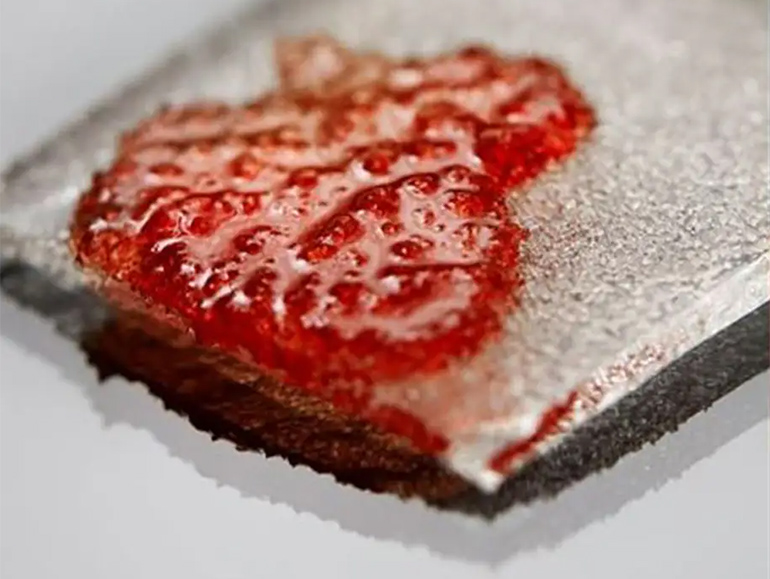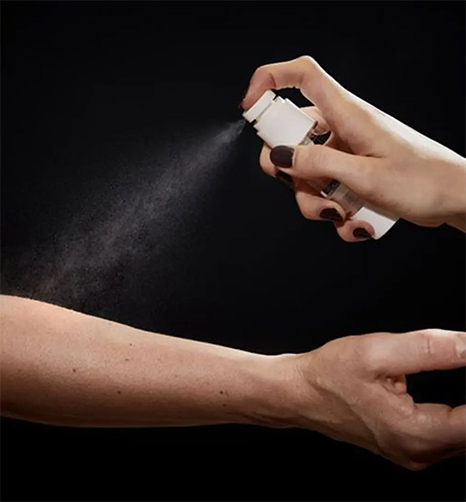
Researchers at Chalmers University of Technology in Sweden have developed an antimicrobial spray that is safe to use on wounds and in the body, including as an antimicrobial coating on implantable or in-dwelling devices, such as urinary catheters. The technology is not based on harsh chemical antiseptics or antibiotic drugs that could aggravate tissue or result in microbial drug resistance. Instead, it employs antimicrobial peptides that are naturally produced by the mammalian immune system. These peptides are effective in killing microbes, but are typically considered too unstable for use as an antiseptic. However, these researchers bonded the peptides to hydrogel particles to increase their stability, yielding an effective antimicrobial material that appears to be safe for use in the body.
Antibiotic resistance is an ongoing problem, and with a serious bottleneck in the development of new antimicrobial drugs, the problem is set to get worse in the near future. Therefore, it is crucial that we develop new methods to protect ourselves from pathogenic bacteria. While many substances can kill bacteria, unfortunately they are typically not good for us either. For instance, many bathroom cleaning sprays can kill bacteria very effectively, but you definitely would not want to spray these on an open wound or a urinary catheter before insertion.

These researchers have instead turned to antimicrobial peptides that are naturally produced by our own immune system. These peptides are not very stable and don’t typically last very long in the body, which is fine as we can produce more, but to convert them into a usable treatment the researchers had to increase their stability. They achieved this by binding them to a biocompatible polymer that can form hydrogel particles. The key attribute of this resulting treatment is that it is safe to use in and on our bodies, but deadly for bacteria.
“The substance in this wound spray is completely non-toxic and does not affect human cells,” said Edvin Blomstrand, a researcher involved in the study. “Unlike existing bactericidal sprays, it does not inhibit the body’s healing process. The materials, which are simply sprayed onto the wound, can also kill the bacteria in a shorter time.”
The researchers hope that this treatment could be used as a spray to help disinfect wounds and also a coating for implantable devices, such as catheters. “Although the catheters are sterile when unpacked, they can become contaminated with bacteria while they are being introduced into the body, which can lead to infection,” said Annija Stepulane, another researcher involved in the study. “One major advantage of this coating is that the bacteria are killed as soon as they come into contact with the surface. Another is that it can be applied to existing products that are already used in healthcare, so it is not necessary to produce new ones.”
Study in Journal of Pharmaceutics: Cross-linked lyotropic liquid crystal particles functionalized with antimicrobial peptides
